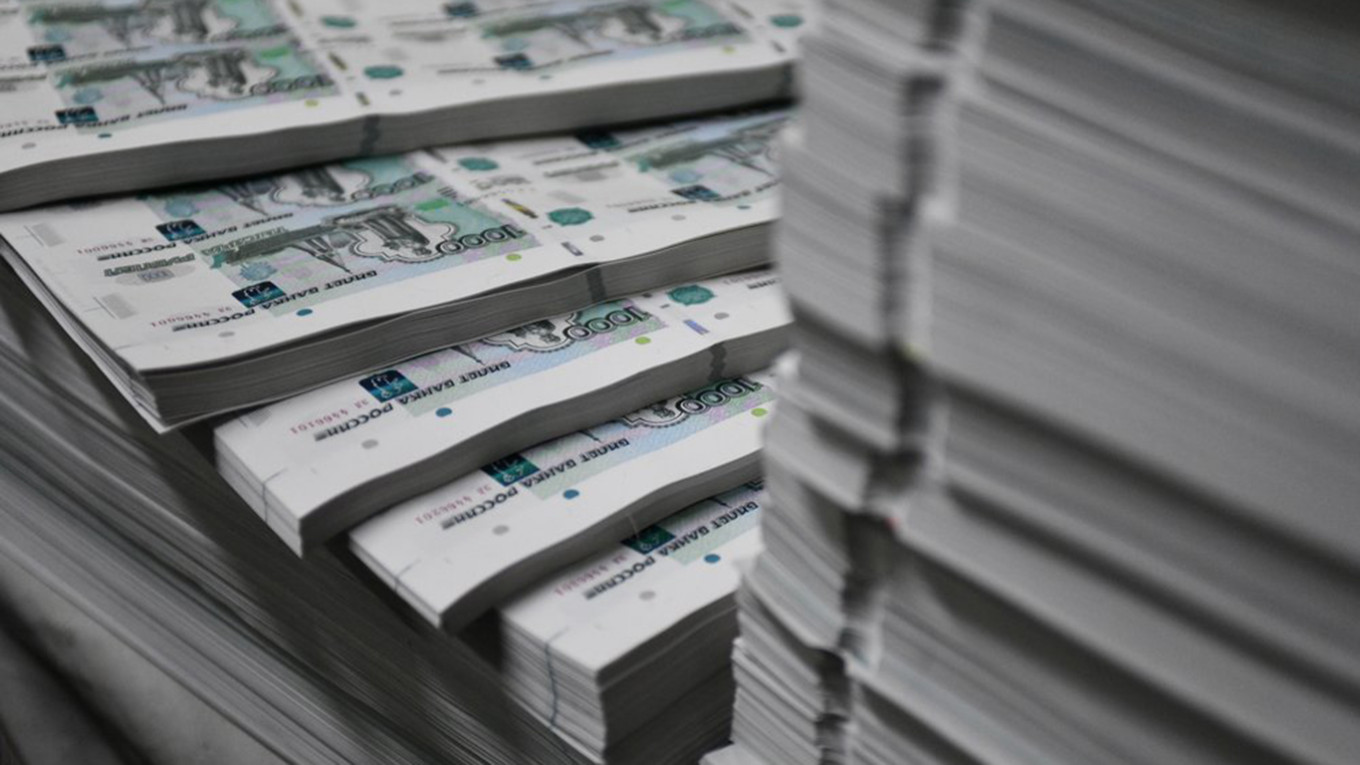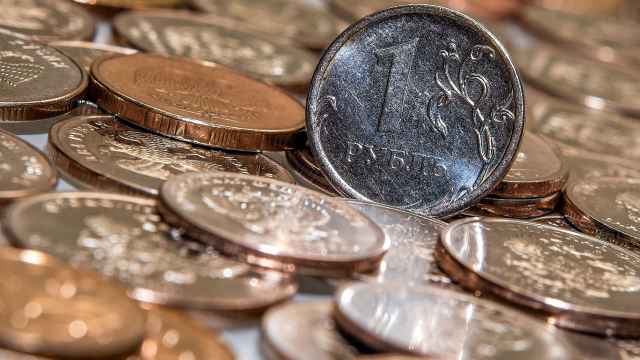Russia’s Central Bank has swept in to help support the Russian ruble and push the currency up from its four-year low against the U.S. dollar.
The bank started selling foreign currency reserves — in other words, buying rubles — Tuesday, adding that it was “ready to use additional tools to maintain financial stability.”
The ruble was up almost 4%, trading at 72 to $1, but still noticeably weaker than the 60-65 range which the currency held at during the first two months of the year.
With benchmark Brent crude oil currently priced around $35 per barrel, the regulator will sell around $1 billion of foreign reserves a month, Elina Ribakova, deputy chief economist of the Institute of International Finance calculated.
Some traders were unconvinced by the uptick in oil prices, which have picked up from a low of $31 per barrel Monday. “The moves higher most certainly look like bear market bounces and are built on foundations of sand that could easily give way,” said OANDA’s Jeffrey Halley.
The exact level of foreign currency purchases is dictated by the so-called “fiscal rule” — a system which Moscow introduced to reduce the impact oil price swings have on the ruble. Under the rule, revenues from sales of oil above $42.40 per barrel are used to buy foreign currencies and are stashed in Russia’s National Welfare Fund (NWF), while when prices slip below the benchmark, the NWF starts selling reserves and buying rubles instead.
The Central Bank also said it would boost the amount of liquidity it offers Russian banks to ensure they have access to sufficient cash.
“The buffers are paying off,” said Nordea’s chief Russia economist Tatiana Evdokimova. “Ruble volatility is much lower than in both 2008 and 2014.”
“These actions strengthen the idea that the markets will adjust today. We can only be glad that yesterday the markets were closed,” said Loko Invest’s Kirill Tremasov.
Russia’s Finance Ministry has struck a defiant tone in the wake of market turmoil prompted by the breakdown of the Russia-OPEC deal to limit oil production. It claims it has enough liquid reserves in the NWF — $150 billion — to deal with low oil prices for the next decade, in a pointed message to Saudi Arabia over the emerging oil price war.
Riyadh responded to the end of the oil alliance with Moscow by announcing a huge increase in oil production Tuesday and slashing prices for its customers.
A Message from The Moscow Times:
Dear readers,
We are facing unprecedented challenges. Russia's Prosecutor General's Office has designated The Moscow Times as an "undesirable" organization, criminalizing our work and putting our staff at risk of prosecution. This follows our earlier unjust labeling as a "foreign agent."
These actions are direct attempts to silence independent journalism in Russia. The authorities claim our work "discredits the decisions of the Russian leadership." We see things differently: we strive to provide accurate, unbiased reporting on Russia.
We, the journalists of The Moscow Times, refuse to be silenced. But to continue our work, we need your help.
Your support, no matter how small, makes a world of difference. If you can, please support us monthly starting from just $2. It's quick to set up, and every contribution makes a significant impact.
By supporting The Moscow Times, you're defending open, independent journalism in the face of repression. Thank you for standing with us.
Remind me later.






